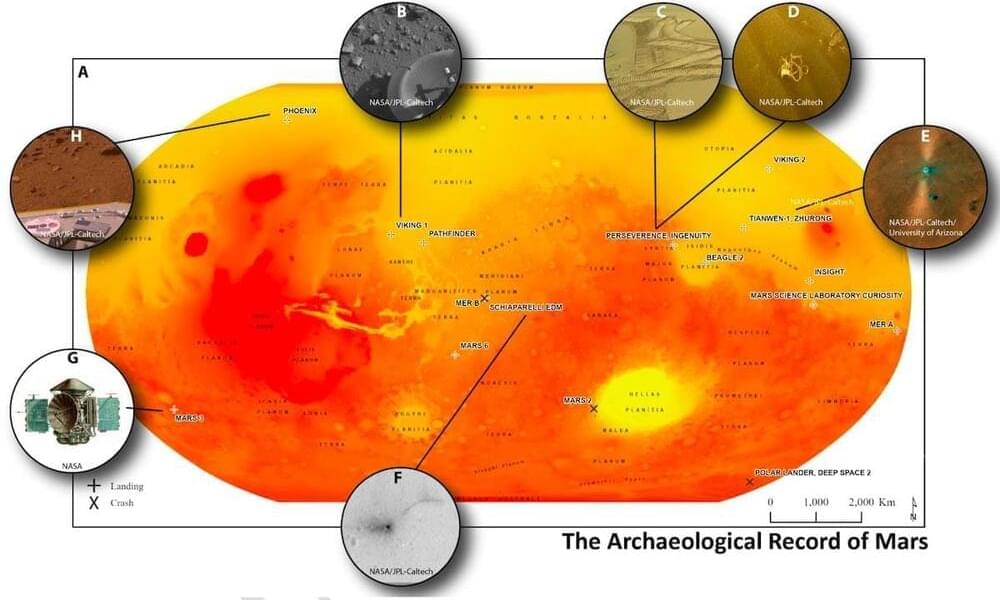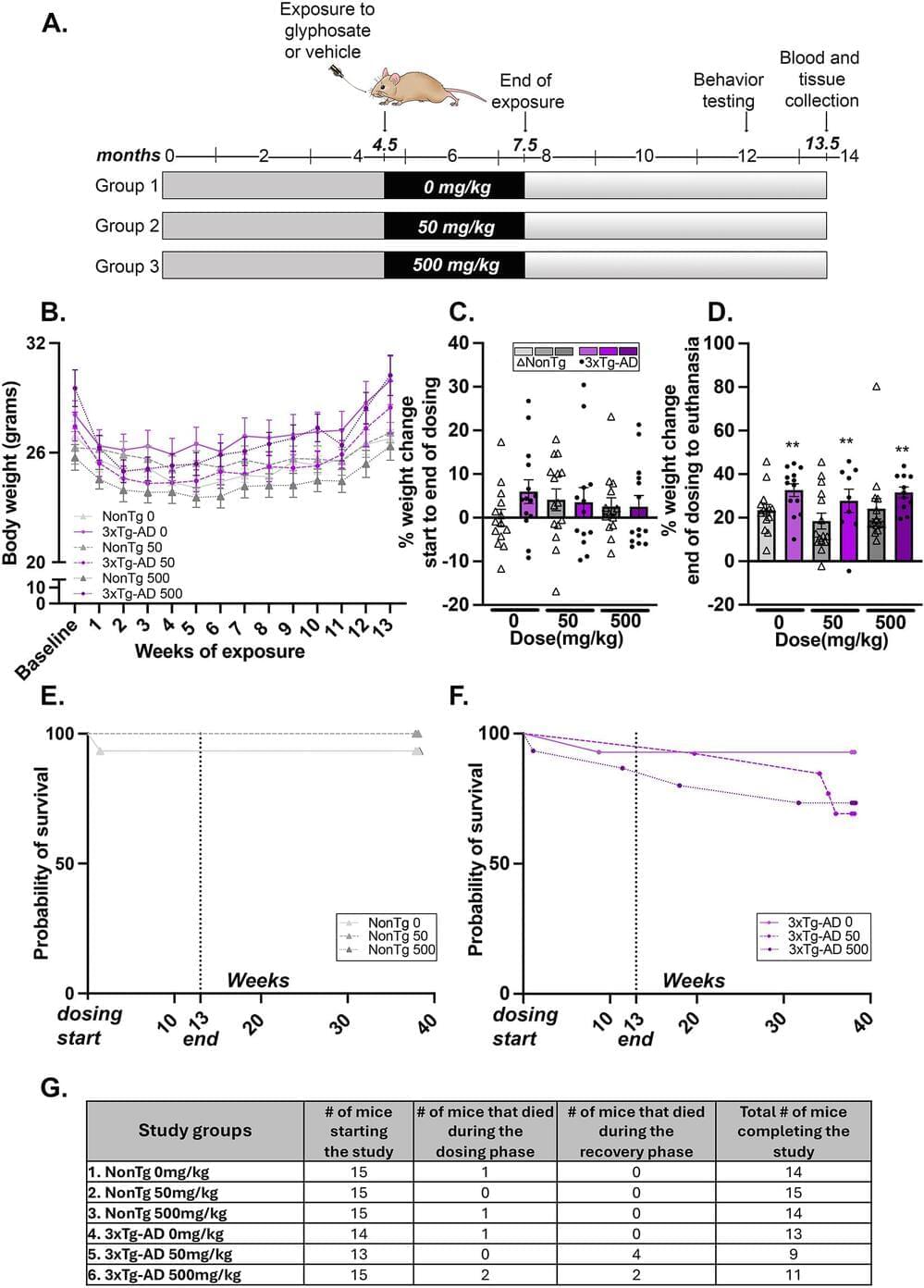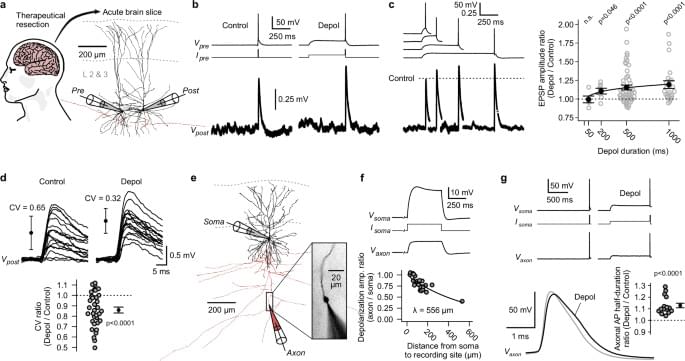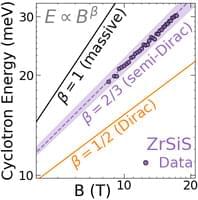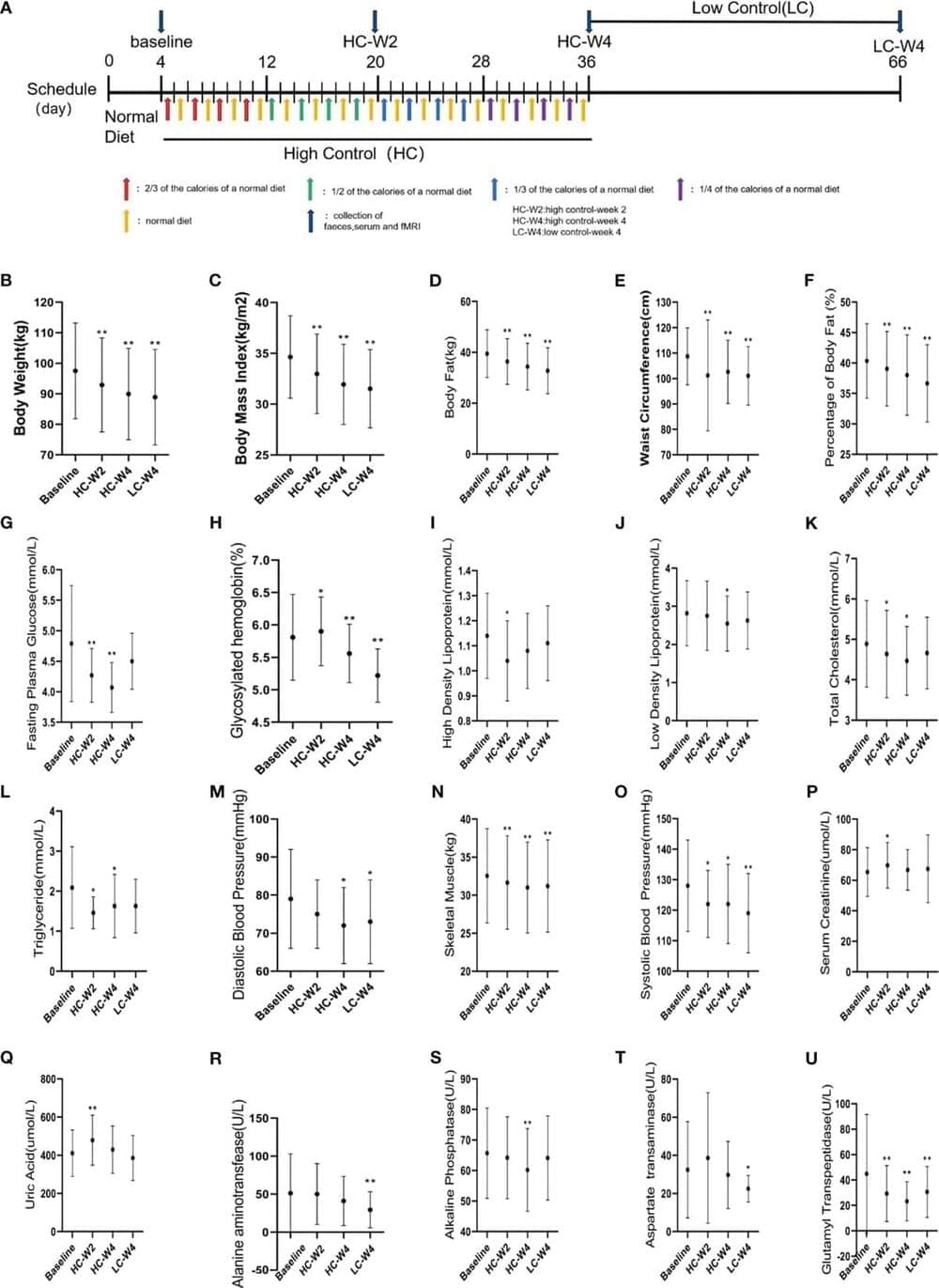As humans, we have the ability to recall detailed information, even from years in the past, indicating a powerful memory system. Newly encoded explicit memories initially depend on the hippocampus1,2,3,4. Memory reactivation, mediated by a hippocampo-cortical dialog, leads to a gradual maturation of neocortical engrams over time5,6,7,8,9. After this systems consolidation process, the neocortex can store information for decades.
It is well established that consolidation relies on non-rapid eye movement (NREM) sleep10,11,12,13,14,15. This brain state gives rise to characteristic patterns in the electroencephalogram, including slow waves (∼ 0.5–4 Hz), sleep spindles (∼ 10–16 Hz) and hippocampal ripple oscillations (∼ 80–120 Hz in humans)16,17,18. During slow wave activity (SWA), neocortical neurons exhibit synchronous membrane potential changes, referred to as UP and DOWN states19,20,21,22. UP states are periods of increased neural activity, giving rise to depolarization of neurons23,24. Conversely, DOWN states are silent periods, associated with hyperpolarization25,26. In the human neocortex, prominent SWA occurs in supragranular layers 2 & 321,27. Several studies have demonstrated that precise temporal coupling of spindles and ripples to SWA promotes engram reactivation28,29,30,31,32,33,34 and determines success of memory consolidation18,35,36,37,38. Consequently, brain stimulation methods that boost SWA or enhance coupling have a positive effect on memory performance in rodents and humans39,40,41,42,43,44. These observations suggest that SWA and the underlying membrane potential UP and DOWN states initiate mechanisms that augment memory functions. However, in the human brain such mechanisms remain elusive.
One possibility is that UP and DOWN states modulate excitatory synapses in the neocortex to increase synaptic strength during SWA-coupled neural activity. While action potentials (AP) are necessary to initiate transmission in the mammalian neocortex, it has been demonstrated in laboratory animals that presynaptic signals below the AP-threshold (i.e., subthreshold signals) have a modulatory effect on synaptic strength45,46,47,48,49,50,51,52,53,54. For instance, at synapses between neocortical pyramidal neurons in ferrets46 and rats47 a 1-second-long subthreshold depolarization preceding an AP leads to an increase in synaptic amplitude. Through such mechanisms, UP and DOWN states could tune local synaptic networks to promote long-term synaptic plasticity, which is believed to be fundamental for memory consolidation2,55.

